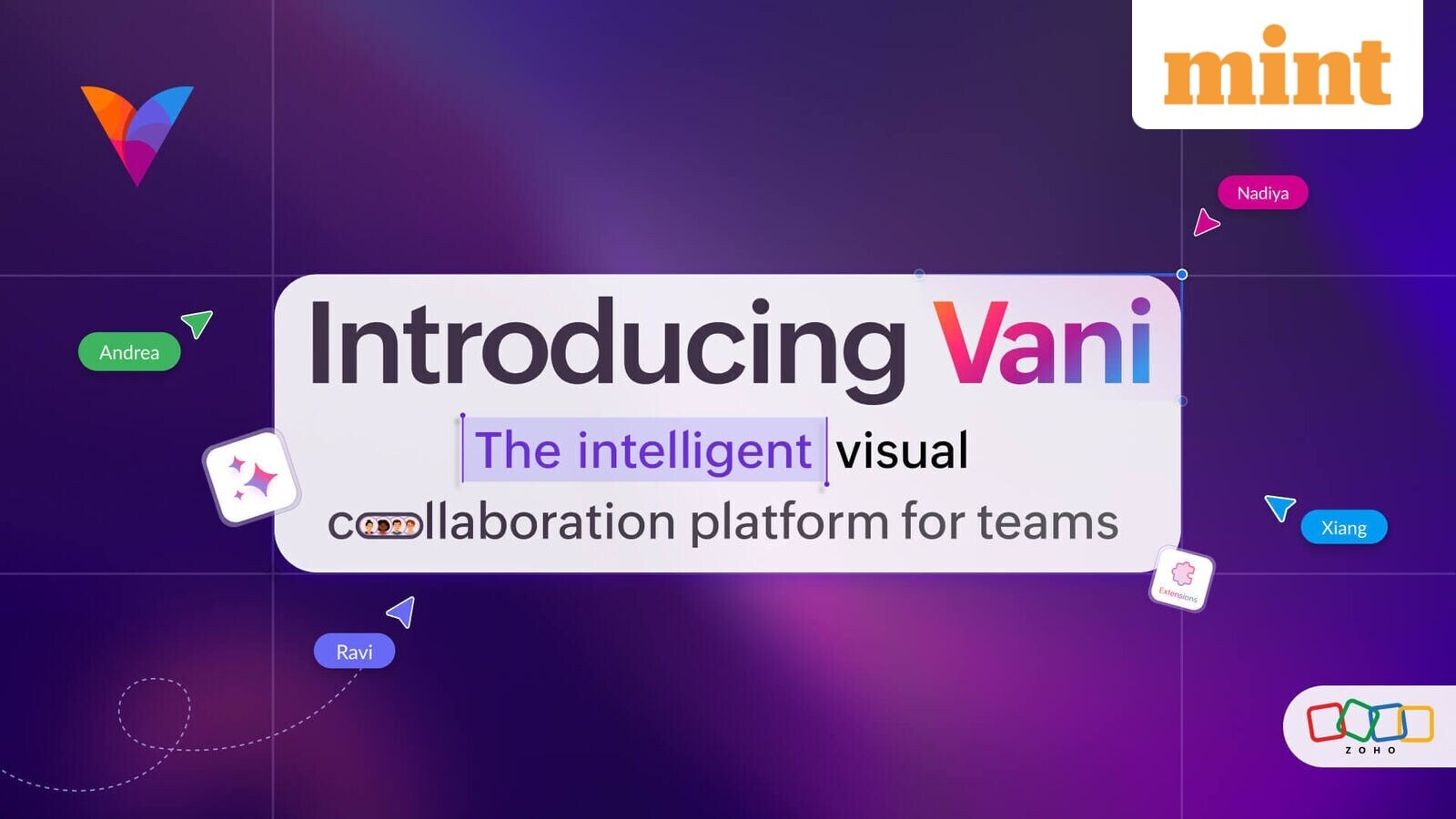Morgan Stanley’s Tech Boss Says AI Coding Has ‘Profound’ Impact

(Bloomberg) — Morgan Stanley’s use of artificial intelligence has already changed how coders do their jobs and is having “a pretty profound impact” on software development, according to Mike Pizzi, the firm’s global head of technology and operations.
As AI writes more code, engineers are freed up to spend more time on complex tasks such as code reviews, Pizzi said in an interview.
Finance industry executives have raced to capitalize on the technology, but so far many of the use cases have skewed toward the mundane: summarizing documents and drafting emails. Now, though, technology companies are launching AI tools aimed at computer programming.
When OpenAI launched its latest model in August, Chief Executive Officer Sam Altman said, “this idea of software on demand will be a defining part of the new GPT-5 era.”
Practically speaking, that means users can use natural language to prompt AI models to write code — a process that’s become known as “vibe coding” — as well as handling repetitive or cumbersome tasks such as debugging.
“There isn’t a business in the firm that’s not leaving projects behind in the budget process every year,” Pizzi said. “If you look at it from a standpoint of spend, if we can be more productive on that spend, we are going to deliver more product.”
The rapid clip of AI advancements has also prompted questions about how such tools could ultimately affect jobs, allowing firms to drive down their costs by reducing headcount. Wall Street executives have described it as more of a supplement, at least for now. At Morgan Stanley, 98% of employees have access to at least one generative AI tool.
“Are there going to be jobs that are reduced or replaced?” Pizzi said. “Probably. But in many it’s going to be that increase in productivity that increases what we can deliver.”
More stories like this are available on bloomberg.com




